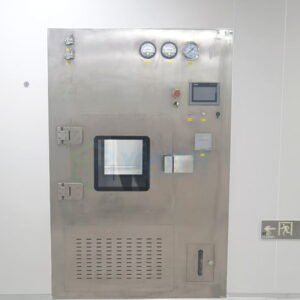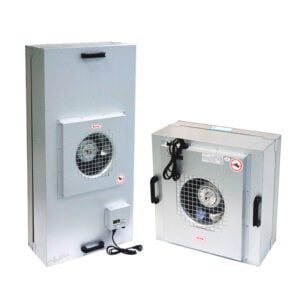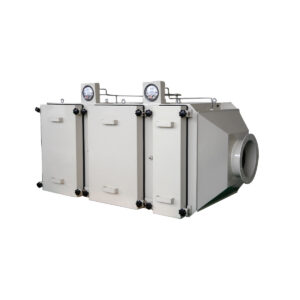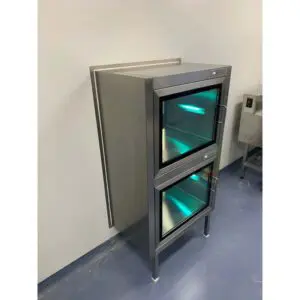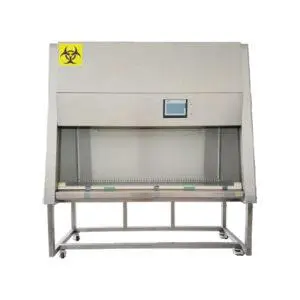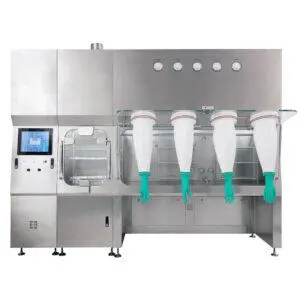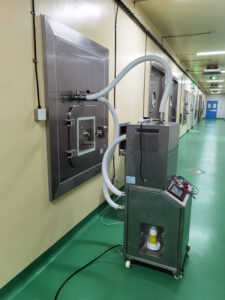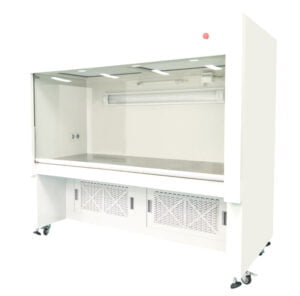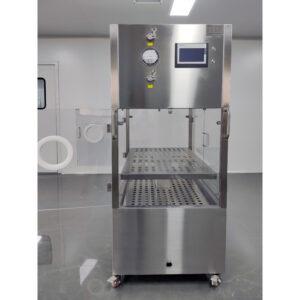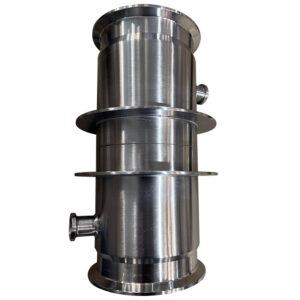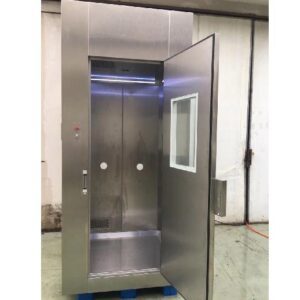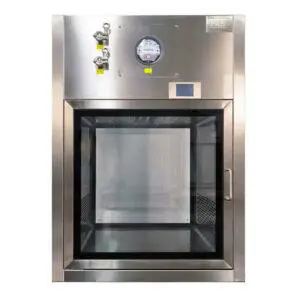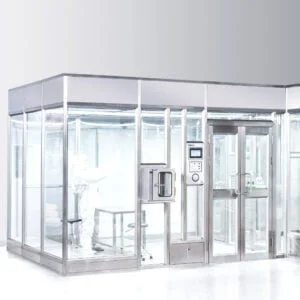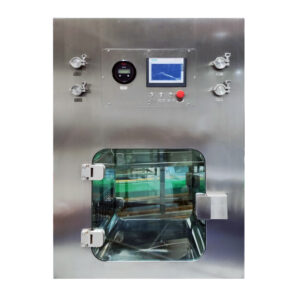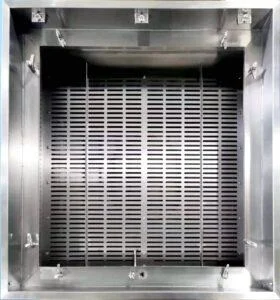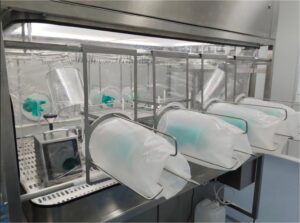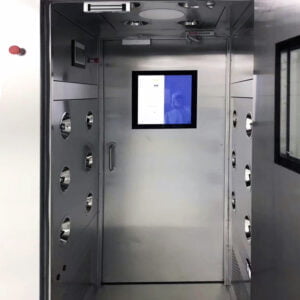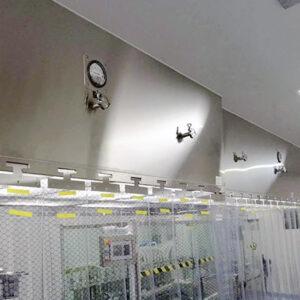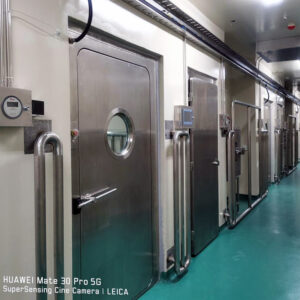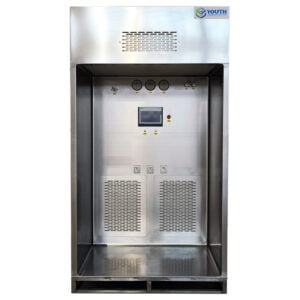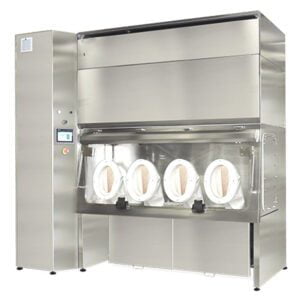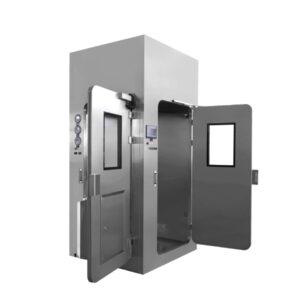Handling hazardous materials in industrial and research settings requires advanced safety protocols to protect both personnel and the environment. The Bag-In-Bag-Out (BIBO) system is designed specifically to address these challenges, offering a sophisticated and secure method for managing air filtration involving perilous contaminants. This article elucidates the myriad benefits that BIBO systems provide, with a keen focus on hazardous material handling.
Principle of BIBO Technology
The core of BIBO technology revolves around its unique containment system. Utilizing “bag in bag out filter housing,” it ensures that during filter replacement or servicing, exposure to hazardous materials is virtually eliminated. Its design maximizes containment so that not even the smallest particles escape into surrounding areas.
Advantages of BIBO Systems
- Enhanced Safety
- Foremost, BIBO systems ensure the safety of maintenance staff and the operational environment by preventing the escape of harmful particles during filter changes.
- Operational Continuity
- With BIBO’s efficient filter change procedures, downtime is significantly reduced, maintaining steady workflows and productivity levels.
- Regulatory Compliance
- Handling hazardous materials involves compliance with stringent regulations. BIBO systems help facilities meet these safety standards, reducing the risk of infractions and associated costs.
- Waste Minimization
- BIBO Filter systems contribute to waste minimization efforts by efficiently sealing off contaminants and reducing the volume of hazardous waste.
- Cost Savings
- By streamlining maintenance processes and minimizing risk, BIBO systems can generate long-term cost savings for facilities handling hazardous materials.
Integration Across Various Sectors
From nuclear energy to pharmaceuticals and biotech, and even to sectors dealing with biological research or hazardous chemical production, the versatility of BIBO systems is evident. Their adaptability to varied operational scales and types of hazardous materials makes them an invaluable asset across multiple industries.
Implementation Considerations
The implementation of a BIBO system demands careful planning, considering factors such as the nature of the hazardous materials handled, airflow requirements, and existing facility protocols. Collaboration with experienced engineers and consultants can guide the customization process, ensuring the BIBO system fully addresses the unique needs of the facility.
Conclusion
Bag-In-Bag-Out systems stand as a critical advancement in the realm of hazardous material management. Their integration within filtration processes offers remarkable benefits, bolstering safety, ensuring compliance, and enhancing operational efficiency. As industries continue to evolve and the handling of hazardous materials becomes more complex, the BIBO system will remain an essential component in maintaining superior air quality and safety standards.
Related Contents:
- Bag-In/Bag-Out (BIBO) Systems: Operation and Maintenance Guide
- Streamlining Waste Disposal with Bag-In-Bag-Out Systems
- Understanding YOUTH’s Bag-In-Bag-Out (BIBO) Systems: Ensuring Safety and Clean Air
- The Comprehensive Guide to Bag-in-Bag-Out (BIBO) HEPA Filter Replacement
- Addressing FAQs About Bag-In-Bag-Out Filtration Systems
- The Ultimate Guide to YOUTH’s Bag-In-Bag-Out (BIBO) HEPA Filter Replacement
- The Ultimate Guide to YOUTH’s Bag-In-Bag-Out (BIBO) Systems: Ensuring Safety and Clean Air
- Selection Criteria for Bag-In-Bag-Out Filtration Solutions
- Enhancing Your Facility’s Air Quality with Bag-In-Bag-Out


